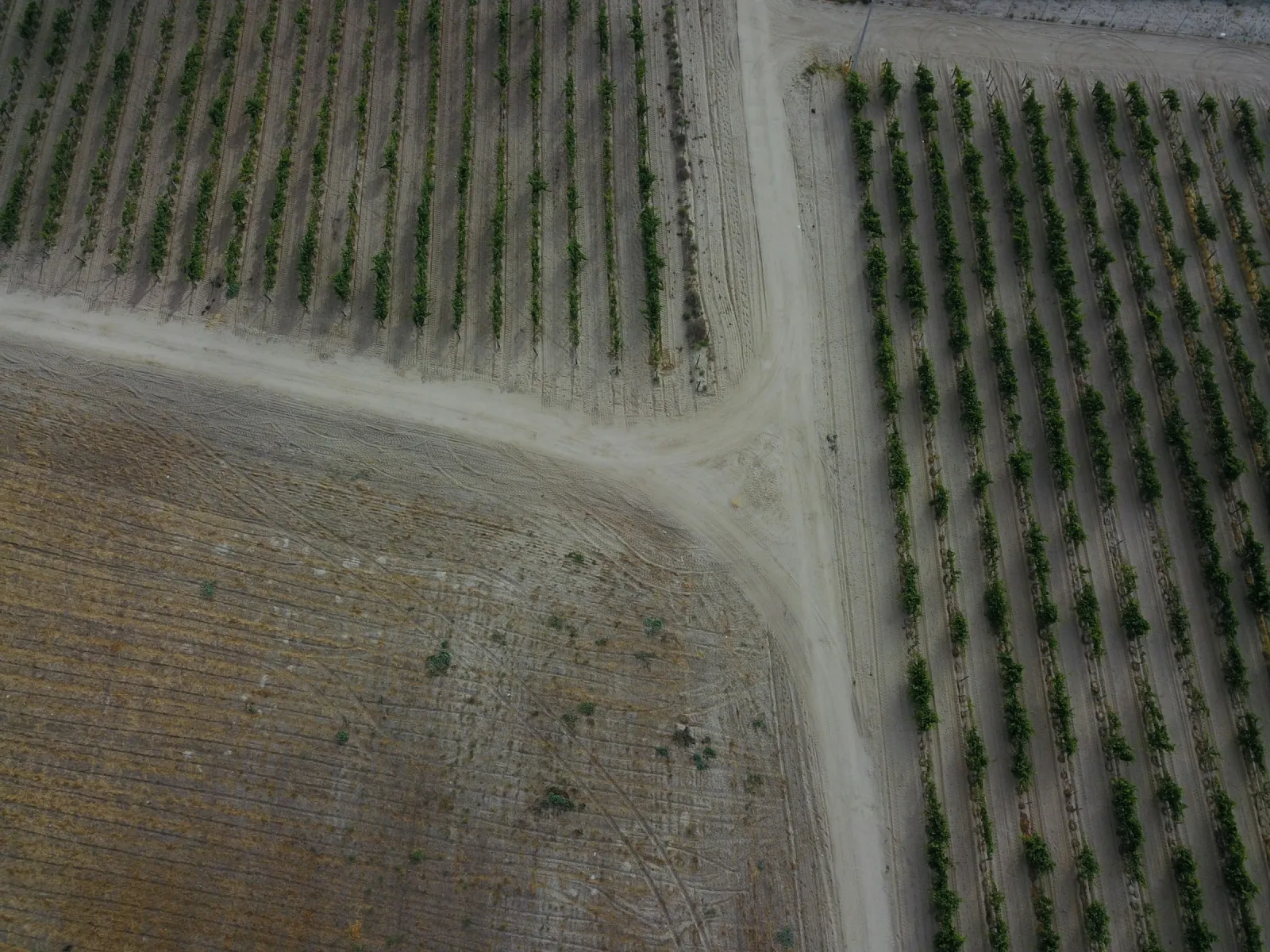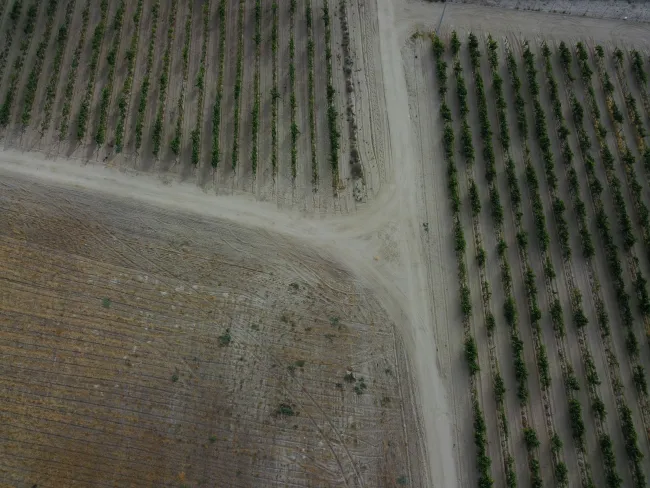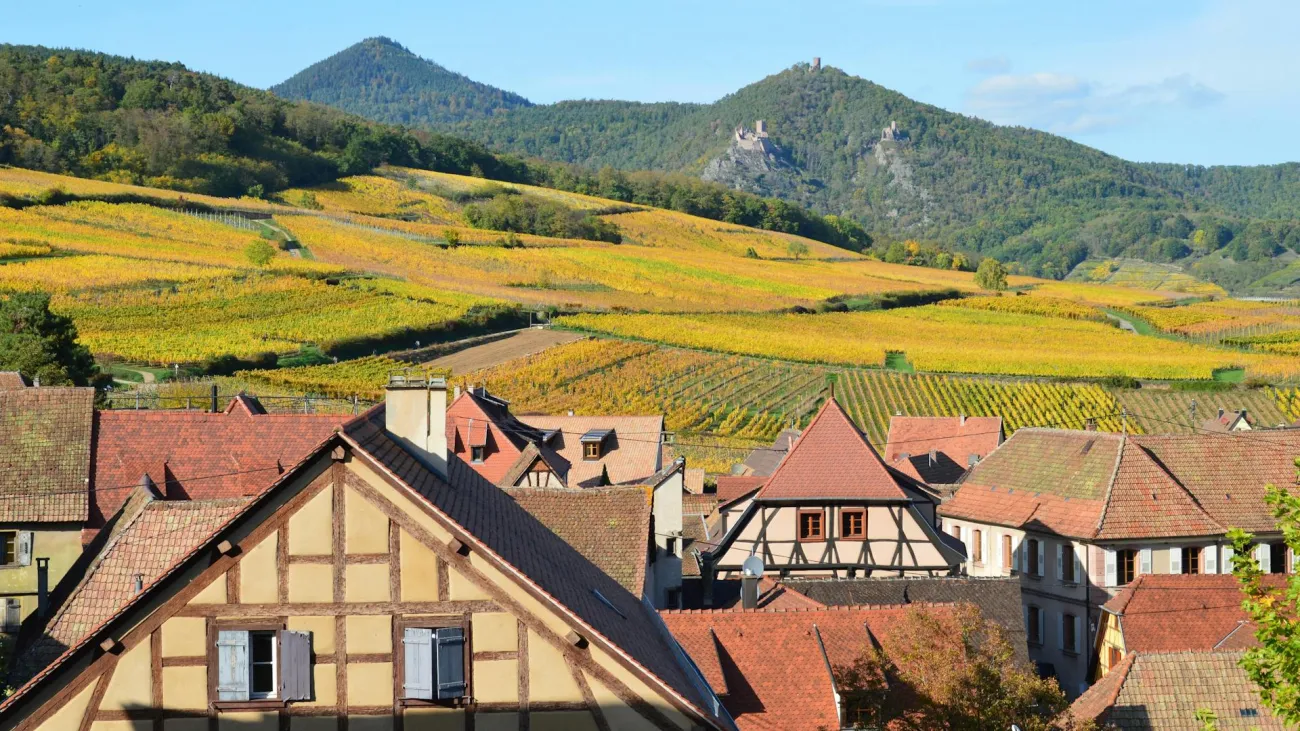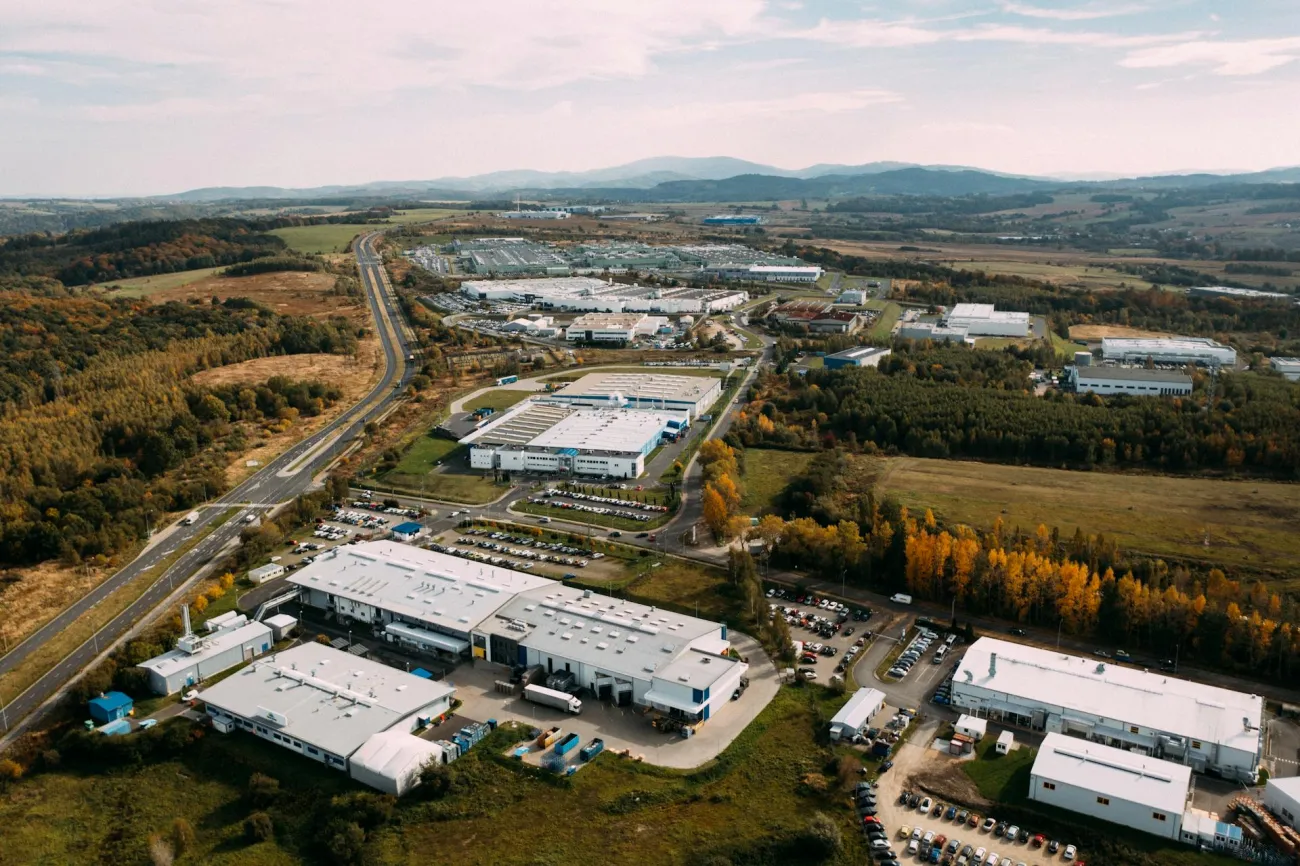Workshop methodology
In the auditorium of the Institute of Social Research of UNAM, for the launch of the MESA Mexico project (June 2024), an on-site and virtual workshop was held in which a total of 57 people participated, 34 on-site and 23 virtual, including several members of various sectors such as government, business, academic and social[1]. To start the conversation among the participants, they were provided with a list of 10 academic, political and social problems in Mexico's agrifood systems (Table 1), in order to discuss and prioritize the problems they considered most important.
Table 1. Proposed problems related to food and agriculture in Mexico
P1. Effects of climate change on agriculture (droughts, floods, hurricanes, pests, loss of pollinators, etc.) and strategies to deal with it. |
P2. Water crisis in agriculture (management, use, contamination by waste or discharges). |
P3. Consequences of increased food insecurity and dependence (food imports, prices, monopolies). |
P4. Environmental, social and health effects of agrochemical and fertilizer use, soil contamination (residues, discharges or emissions). |
P5. Lack of gender equity in the agri-food sector (access to land, financial autonomy, excessive workload, poor working conditions in the food industry). |
P6. Socio-environmental tensions in the face of the growth of industrial animal production: chicken, pigs, cattle (pollution and carbon emissions, deforestation, lack of animal welfare, ethics in the consumption of animal protein, effects on the health of communities) and diets based on vegetable protein. |
P7. Lack of public policies and regulatory instruments to guarantee the right to healthy food (laws and regulations, industrial labeling, fair prices for producers and consumers, unfair practices -dumping-). |
P8. Health consequences of the consumption of industrial and ultra-processed foods (malnutrition, obesity and overweight; excess supply of ultra-processed foods, food deserts). |
P9. Loss of traditional agroecological practices and knowledge. Reduction of agro-biodiversity and its effects on food. |
P10. Aging of the Mexican countryside: lack of generational replacement, incentives for young people to take root in the Mexican countryside. |
Source: Prepared by the authors based on the results of the workshop.
In the on-site workshop, a dynamic discussion was developed, for which 17 pairs of participants were formed, who were asked to jointly answer the following question: What are the three main problems that require greater attention in the next academic, political and social agenda, related to agrifood systems in Mexico?
Each pair agreed and prioritized the issues they considered most important. They also proposed other relevant issues to add to the list and included them in their selection. At the end of the prioritization by pairs, a plenary discussion was held on the results of the selections made.
The virtual workshop differed from the face-to-face dynamic in that the participants worked individually and did not have the option of prioritizing by pairs, but they had three votes to select the topics they considered important.










